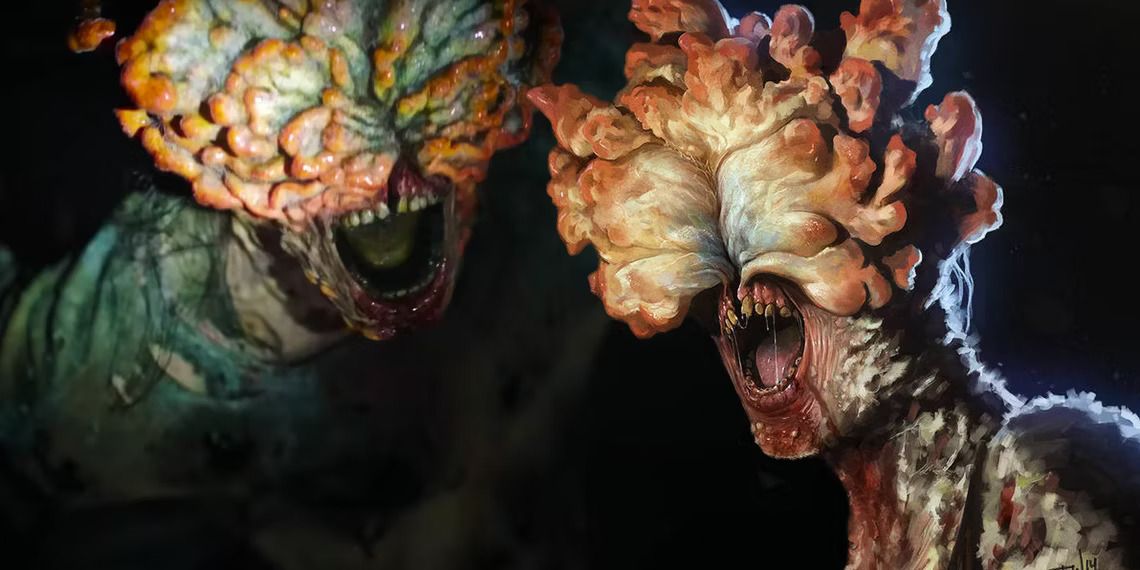How likely is a fungus pandemic like in “The Last of Us?”
Science has an answer.

A few minutes every morning is all you need.
Stay up to date on the world's Headlines and Human Stories. It's fun, it's factual, it's fluff-free.
HBO TV show "The Last of Us" is a total sensation at the moment. And you have to admit that at least the apocalypse in this one is original. In the show (and the video game it's adapted from), a parasitic fungus takes over peoples' brains, spreading like a sickness from person to person and turning them into zombies.
How realistic is that premise? Science has an answer.
In reality, there's a fungus that invades animals' brains and turns them into zombie-like creatures. But, right now, that only applies to certain insects. Ophiocordyceps unilateralis, otherwise known as cordyceps or zombie-ant fungus, fills its host's body with spores so the fungus can reproduce. Then it controls the insect's mind, getting it to release these spores, infecting other insects and starting the cycle all over again.
Bryn Dentinger, a biology professor at the University of Utah and curator of mycology at the Natural History Museum of Utah, explained how this possibly works to NPR. "There seems to be some combination of physical manipulation of muscle fibers, for example, possibly growth into the brain itself, that can impact its behavior. But there's also very likely some sort of chemical attack on the host, either small molecules, or proteins or some other things, that end up manipulating brain behavior."
Could something like this end up affecting humans, though?

"A fungal pandemic is definitely possible," Norman Van Rhijn, a mycologist researching fungal infections at the University of Manchester, told Insider.
Don't worry. Right now, there isn't any immediate threat from any known fungal species – certainly not in the way the show depicts. But, fungal infections are rising among humans, generally speaking. Plus, we have limited ability to treat fungal infections that might affect a human because our cellular structure is so similar. So, although it's unlikely, it's not completely out of the realm of possibility.
"The potential is huge for what can emerge and become a pathogen," said Tom Chiller, chief of the fungal disease branch of the US CDC, to Insider. "I am not going to be surprised that more fungi emerge as human pathogens, that become more challenging to treat and more infectious."
And we already know that certain fungi can affect brain activity. Ever heard of magic mushrooms?
For now, we're safe from turning into mushroom-headed zombies, and the whole thing is pretty far-fetched. But, as they say, never say never.




Comments ()